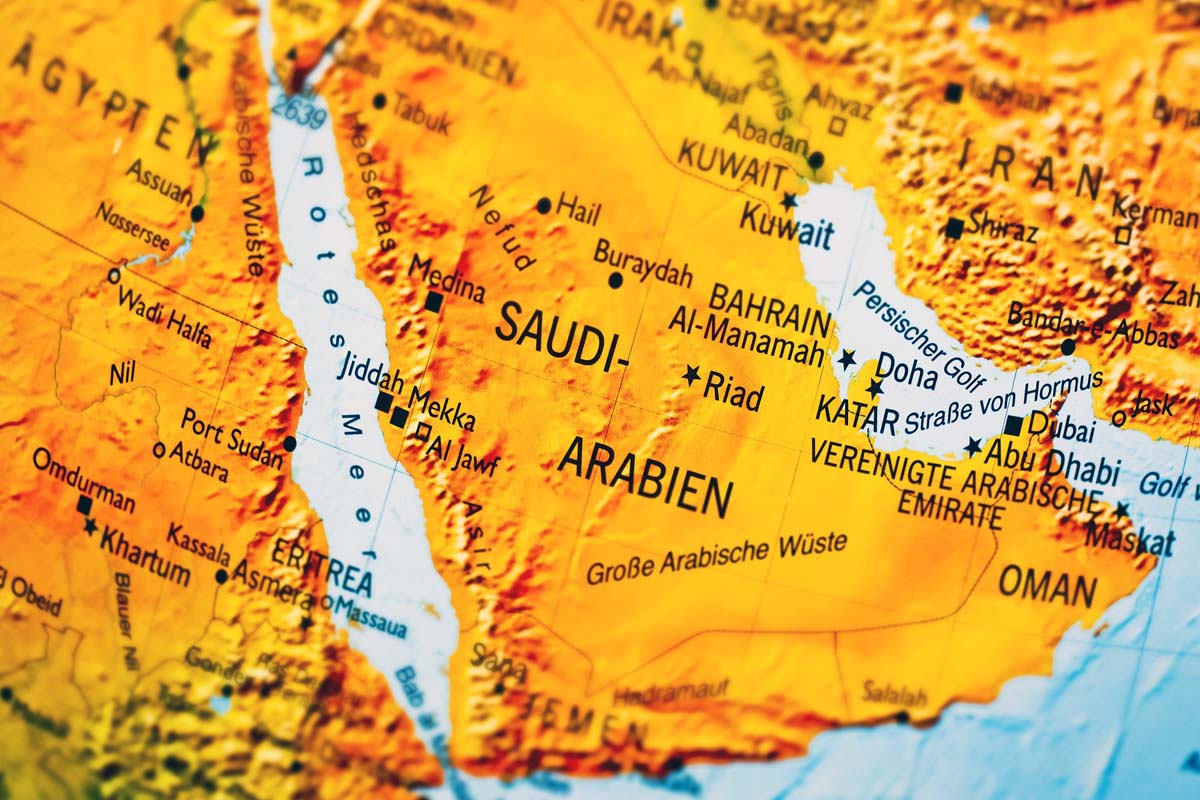
403
Sorry!!
Error! We're sorry, but the page you were looking for doesn't exist.
Experts contend bloodshed in Middle East influenced by U.S. policies
(MENAFN) Many experts contend that the ongoing bloodshed in the Middle East has been significantly influenced by U.S. policies, particularly the unwavering support for Israeli occupation. Mowaffaq Harb, an analyst on U.S. affairs, argues that the U.S. is facing a decline in its global leadership role, especially under President Joe Biden, whose administration has failed to introduce new and innovative approaches to the region's crises, including the Gaza conflict and tensions with Iran. Samir al-Taqi, a researcher at the Middle East Center in Washington, adds that while Biden has focused on reshaping alliances with Europe and East Asia, he has largely neglected the Middle East. Al-Taqi points out that the current U.S. administration has not presented a cohesive strategy to resolve regional conflicts and stressed the need for a comprehensive approach that redefines the role of Arab countries in regional dynamics.
Iran expert Mohammad Saleh Sadekian offers a different perspective, criticizing Biden’s handling of Iran as indecisive. He notes that while Iran is keen on engaging with the U.S., it has not received the necessary assurances for a deal. Sadekian suggests that Iran could be willing to negotiate with Trump if his terms are acceptable, believing that any future agreement must satisfy both parties to ensure regional stability. Analysts speculate that a potential second term for Trump could lead to significant changes in U.S. dealings with the Middle East. Trump, who struggled to strike a deal with Iran in his first term, may attempt to capitalize on Iran's vulnerabilities, particularly amid its economic challenges. Harb observes that Trump's first term brought notable shifts in the region, such as reduced Iranian influence and shifts in Turkey's behavior, although he cautions that Trump may struggle to provide innovative solutions as ongoing crises, like the Gaza conflict, continue.
Al-Taqi emphasizes that Trump would need to rebuild relations with Arab states, possibly through initiatives like the Abraham Accords, while focusing on curbing Iran’s influence. Strengthening the Arab role, he argues, will be crucial for regional stability and U.S. interests. Sadekian also suggests that Iran might deepen ties with China and Russia in response to U.S. pressure. Trump would face significant challenges in addressing Iran as part of the broader geopolitical competition with China. The article concludes by noting that the Middle East will remain a critical area of focus for any U.S. administration. Issues such as U.S.-Iran tensions, relations with Israel, and the ongoing conflicts in Gaza and Syria demand a strategic and multifaceted approach. Harb adds that the Biden administration’s failure to bring about major breakthroughs in the region highlights the need for creative solutions and stronger cooperation with allies to ensure lasting progress.
Iran expert Mohammad Saleh Sadekian offers a different perspective, criticizing Biden’s handling of Iran as indecisive. He notes that while Iran is keen on engaging with the U.S., it has not received the necessary assurances for a deal. Sadekian suggests that Iran could be willing to negotiate with Trump if his terms are acceptable, believing that any future agreement must satisfy both parties to ensure regional stability. Analysts speculate that a potential second term for Trump could lead to significant changes in U.S. dealings with the Middle East. Trump, who struggled to strike a deal with Iran in his first term, may attempt to capitalize on Iran's vulnerabilities, particularly amid its economic challenges. Harb observes that Trump's first term brought notable shifts in the region, such as reduced Iranian influence and shifts in Turkey's behavior, although he cautions that Trump may struggle to provide innovative solutions as ongoing crises, like the Gaza conflict, continue.
Al-Taqi emphasizes that Trump would need to rebuild relations with Arab states, possibly through initiatives like the Abraham Accords, while focusing on curbing Iran’s influence. Strengthening the Arab role, he argues, will be crucial for regional stability and U.S. interests. Sadekian also suggests that Iran might deepen ties with China and Russia in response to U.S. pressure. Trump would face significant challenges in addressing Iran as part of the broader geopolitical competition with China. The article concludes by noting that the Middle East will remain a critical area of focus for any U.S. administration. Issues such as U.S.-Iran tensions, relations with Israel, and the ongoing conflicts in Gaza and Syria demand a strategic and multifaceted approach. Harb adds that the Biden administration’s failure to bring about major breakthroughs in the region highlights the need for creative solutions and stronger cooperation with allies to ensure lasting progress.

Legal Disclaimer:
MENAFN provides the
information “as is” without warranty of any kind. We do not accept
any responsibility or liability for the accuracy, content, images,
videos, licenses, completeness, legality, or reliability of the information
contained in this article. If you have any complaints or copyright
issues related to this article, kindly contact the provider above.

















Comments
No comment